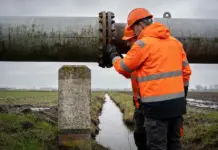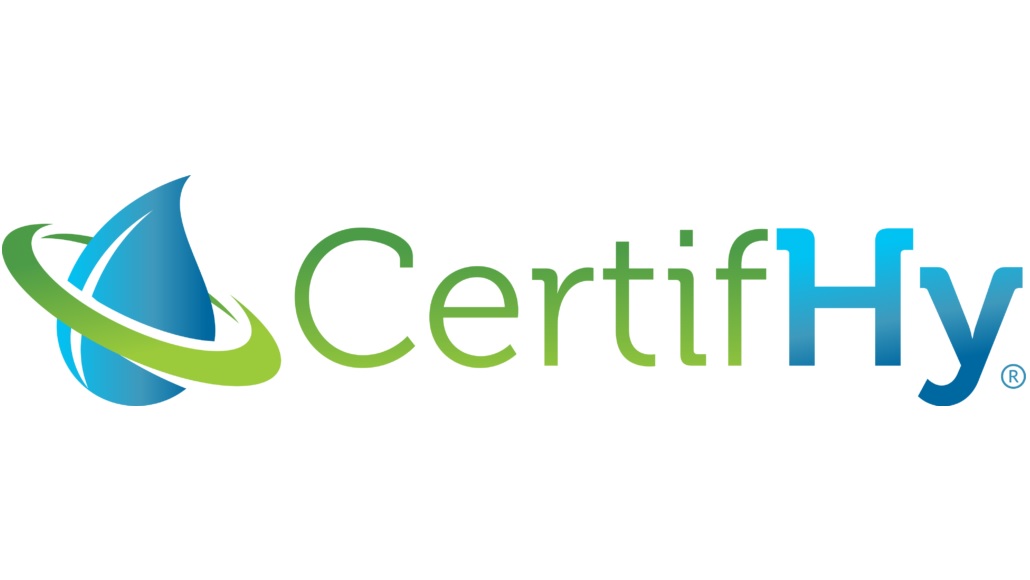CertifHy, the verification program, has gone ahead and accredited Bureau Veritas in order to authorize hydrogen produced as renewable fuels of non-biological origin – RFNBO.
This French testing and certification body goes on to team Vinçotte from Belgium, Germany’s TÜV SÜD as well as TÜV Rheinland, and also SGS from Spain as one of 5 companies that are accredited to conduct audits when it comes to official EU RFNBO certification.
It is well to be noted that the accredited bodies can award green hydrogen producers a CertifHy EU RFNBO certification, therefore verifying the status when it comes to their volumes.
According to CertifHy’s Managing Director, Matthieu Boisson, bringing a trusted as well as an independent partner of this caliber into the ecosystem of CertifHy goes on to mark a major step forward as far as their efforts to support the market in terms of certified hydrogen and e-fuels are concerned.
He added that this collaboration happens to add to the credible framework that the producers as well as the offtakers need in order to confidently scale their operations, speed up the global trade, and, at the same time, fulfill the promise when it comes to a sustainable hydrogen economy.
So as to access subsidies and also comply with the required targets under programs like the Renewable Energy Directive (RED III), the green hydrogen produced and sold across the EU has to qualify as RFNBO.
With regard to this criterion, green hydrogen producers have to source renewable electricity from sources that are newly built and located within the same grid zone.
Apparently, the electrolyzer operation should match with the renewable electricity generation every month till the end of 2029 and then shift to hourly matching from 2030.
It is well to be noted that the RFNBO Delegated Acts were adopted in 2023 after many extended delays as well as lobbying; however, the Member States along with the industry players have since then called for clarification or revision, citing uncertainty in the market.
Interestingly, in July 2025, the European Commission went ahead and announced that it would be taking legal action against 26 member states that have failed to transpose numerous EU directives within the national law, which includes the likes of RED III.































